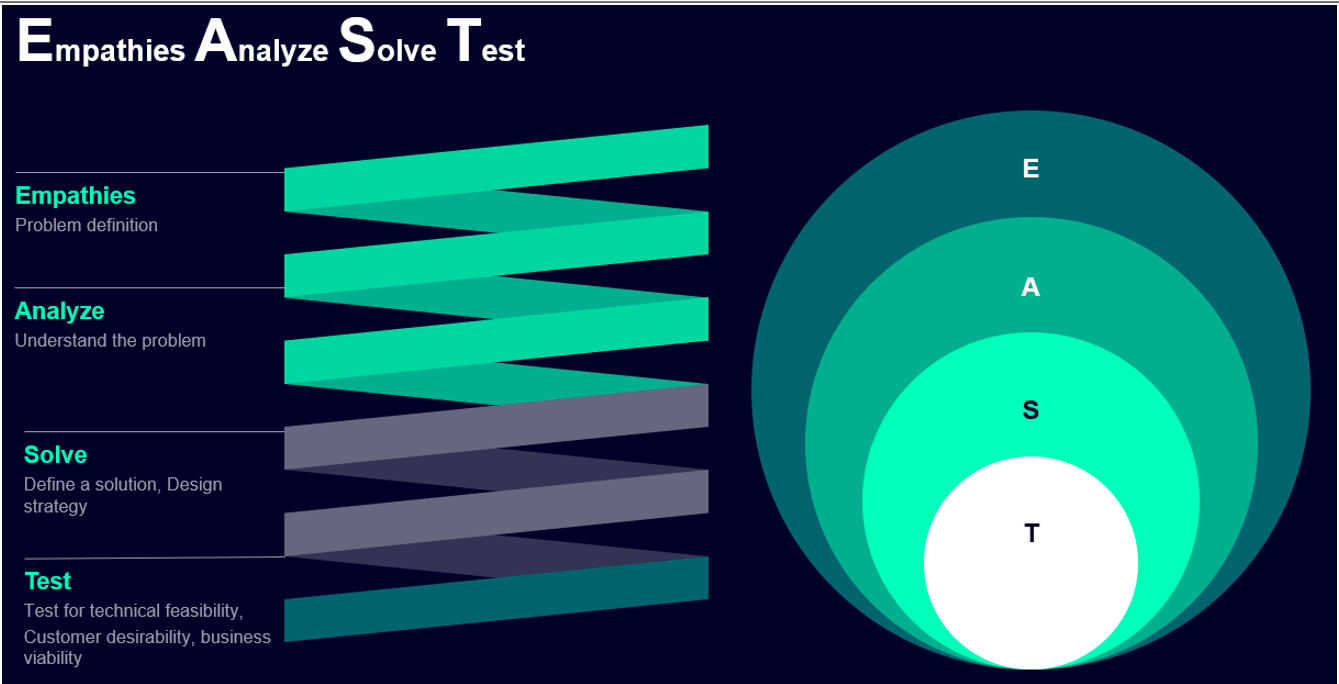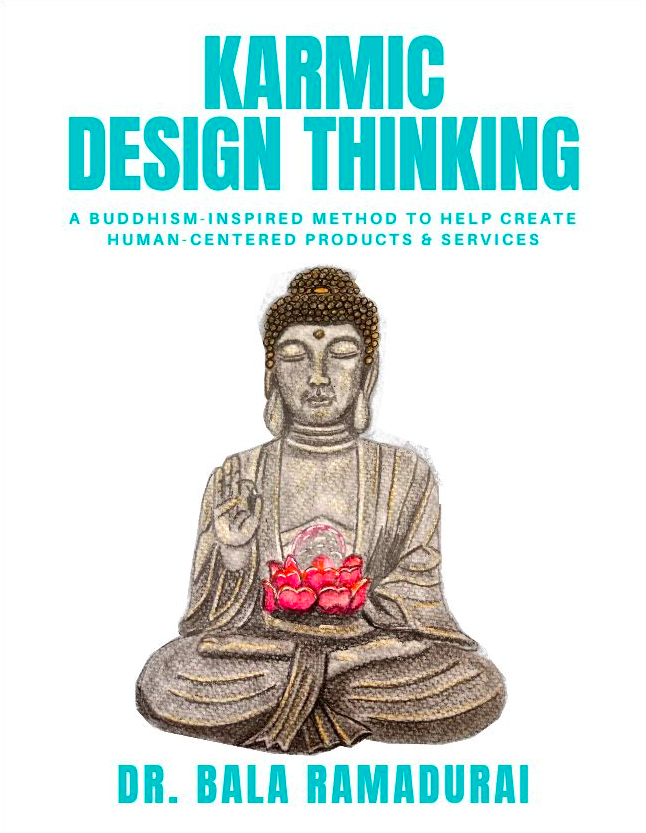By rajib | 2022-09-07
In the recently concluded Karmic Design Thinking workshop, Rajib Kumar Bannerjee and his team worked on a responsible and interesting problem. I invited him to write a guest post on the topic - Decontamination of water. This will be a series.

It was for the first time that I came across the concept of innovative thinking in the corporate setup. A grumpy man on the dais, trying to convey the importance and consequences of innovative thinking to his employees. During the first half of the lecture, he was trying to showcase some examples and quickly move into what could be the consequences if we don’t innovate. Later on, the managers emphasized the same approach by conducting multiple meetings. They emphasized the fact that innovation is the key to the mechanism for progress. The management allotted 2 long hours per week for this additional activity and tied up with the KPA (Key performance area) for the appraisal discussion. One fine day, my manager planned a brainstorming session for encouraging employees to come up with novel ideas.
You can very well understand the outcome. We spent half a day in the meeting room and multiple people visited the room and motivated us. But, in the end, the entire team struggled to come up with any new ideas despite having the zeal & passion for doing so. This episode made me wonder why so many intelligent brains were not able to produce any novel idea. And, the following reasons occurred to me.
- Possibly, we hardly understand what problem we are trying to solve.
- Even if we understand the problem at a surface level, we don’t connect well with it to come up with a viable solution.
- If we gain some understanding, we cannot organize the ideas well enough to achieve the desired outcome.
- We do not even know; “Why do we want to solve the problem?” The missing bigger picture.
- We have certain pre-defined biases imbibed within us from a very early age and we’re reluctant to divert our thinking toward an untrodden path.
- We cannot accept the fact that successive failures lead to innovation and we must keep trying till our goal is achieved.
These were the several thoughts flowing within me, absolutely in a Brownian motion. I opined, may be, I am not aware of the innovation process. I am sure, many of you might also face a similar struggle in identifying the problem to solve and organizing your thoughts in the right direction. A well-crafted process(iterative) is of utmost importance to systematically channelize all the activities.
I will try to describe my reflection during the journey of this Karmik Design Thinking workshop.
Innovation is predominantly a four-step process (iterative). The steps are quite self-explanatory and the overall framework provides a very unique lens to look at the problem from multiple perspectives. A few important things to keep in mind are: do not skip any step (Treat this as if you are peeling up onions) and don’t hesitate to iterate. At any step, it strongly recommends that you go and carry out the necessary refinement at any of the earlier steps.

Next post will be on Empathize.
Source of banner image: https://pxhere.com/en/photo/1434971





